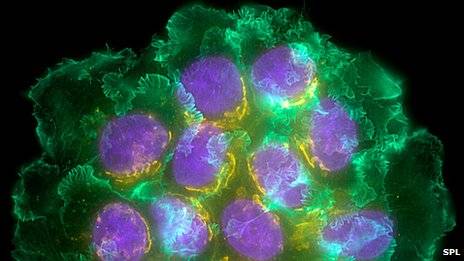chanel
Silver Member
New research show that some popular brands of sunscreen may actually accelerate skin cancer, instead of protecting your skin.
For years, experts have been telling people to apply and reapply sunscreen, especially when facing the sun's harmful rays. According to a new study by the Environmental Working Group released Monday, almost half of the most popular sunscreen contain ingredients that could actually speed up cancer.
Study: Many Sunscreens Not Safe - Jacksonville News Story - WJXT Jacksonville
Oh brother.




